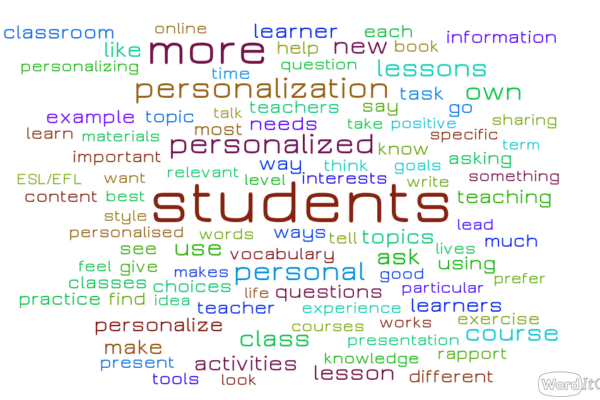The Power of Song
Hello again!
It’s good to be back after a short absence – a lot has happened since I last posted and I’ll be writing about one those things here.
I had the great fortune in June to be at a fabulous conference in lovely Cancun, Mexico. While I was there I was talking about the use of previous knowledge and meaningful learning, and focused in on all the previous knowledge that learners have in English of songs and particularly certain lines of songs. Like a dream come true, the night before my workshop where I was to present this topic, I received an email from an ex-student in Guadalajara, Mexico, from about twenty-five years ago.
This is what he said:
“You probably have had hundreds, if not thousands of students, so I don’t expect you to remember particularly. But I remember you vividly for one single reason. You used to play in class on the tape recorder – All I want is you from U2- and to this day, I still remember the lyrics from beginning to end. Coincidently, I was listening to that song and brought me great memories of my teens. So I googled your name and found your website.”
How about that for an endorsement of the power of song!
Many authors have talked about the reasons why the words of songs are so useful for learning eg Murphey (1992) looks at the type of language used and says that there are several features that are useful to L2 learners (For example, they contain high frequency words, the language is often simple and there is often a lot of repetition) and see Thalya Goldfeld’s and Adir Ferreira’s blogs, too.
I approached the use of song in my talk from a more cognitive standpoint, arguing that the connection between what the learner knows already (a line or two of the song) and what the learner wants to know (the other words of the song) makes the learning meaningful, that is, there is a cognitive disequilibrium created that causes the drive to learn (or intrinsic motivation) so that the learner feels comfortable/’balanced’ once s/he knows all the words.
However, having said all this, what comes through undeniably from the email from my ex-student is the power of song to create and evoke memories. Although you may be using a particular song to focus on a particular semantic set or a grammatical structure or the story of the song, what the learner takes away and remembers may be something entirely different. Here’s the song that my ex-student talks about, by the way.
What about you? Are you a fan of using song in the classroom? What are your reasons and what do your students say about it?
Reference:
Murphey, T.(1992).The discourse of pop songs. “TESOL Quarterly, 26″(4), 770-774.






